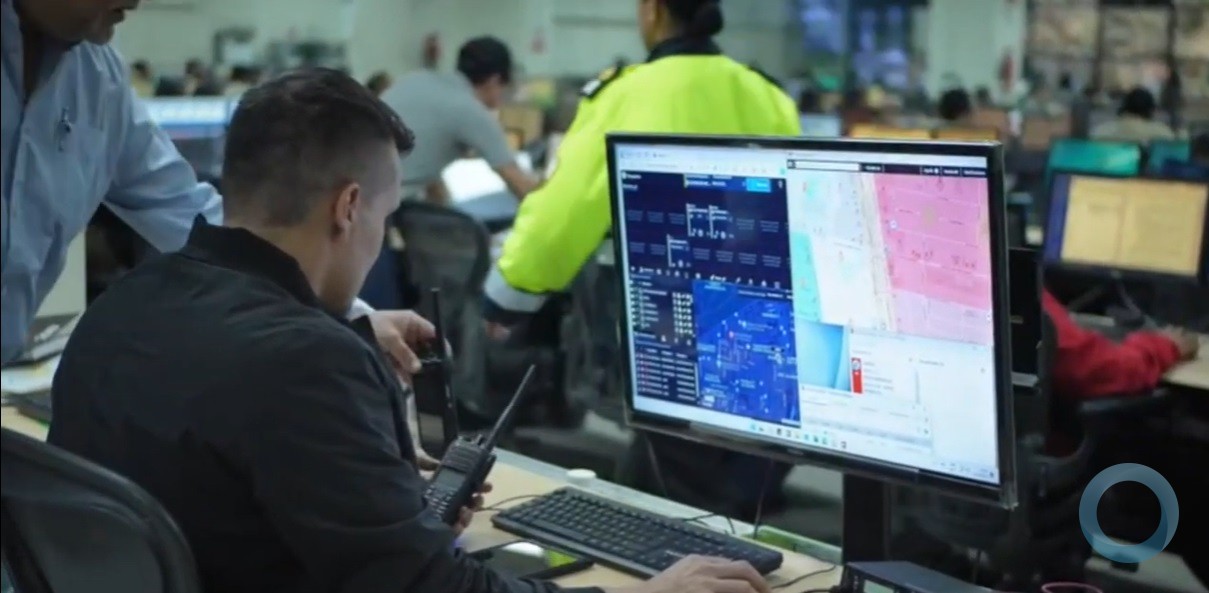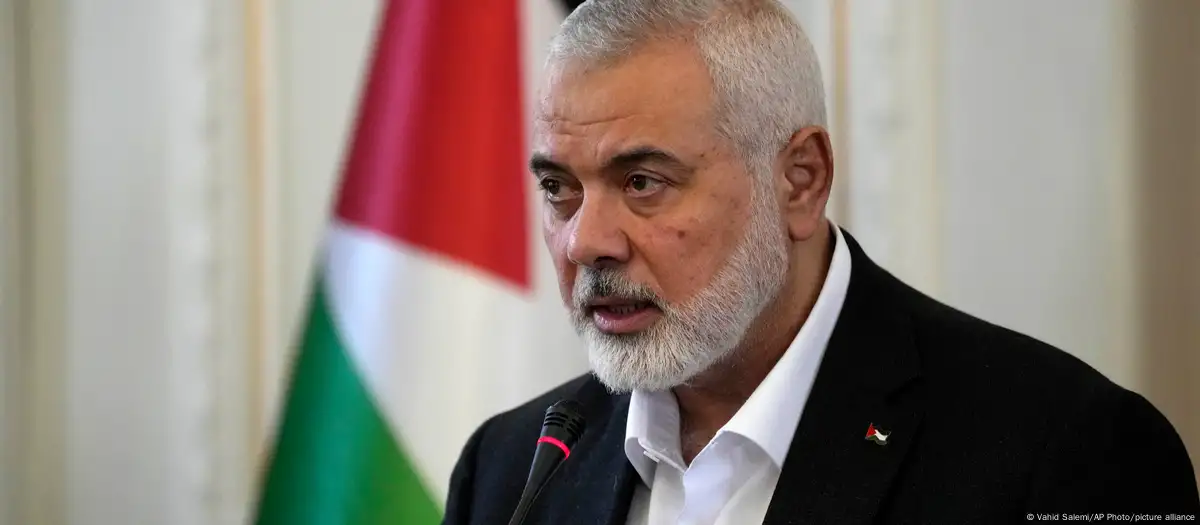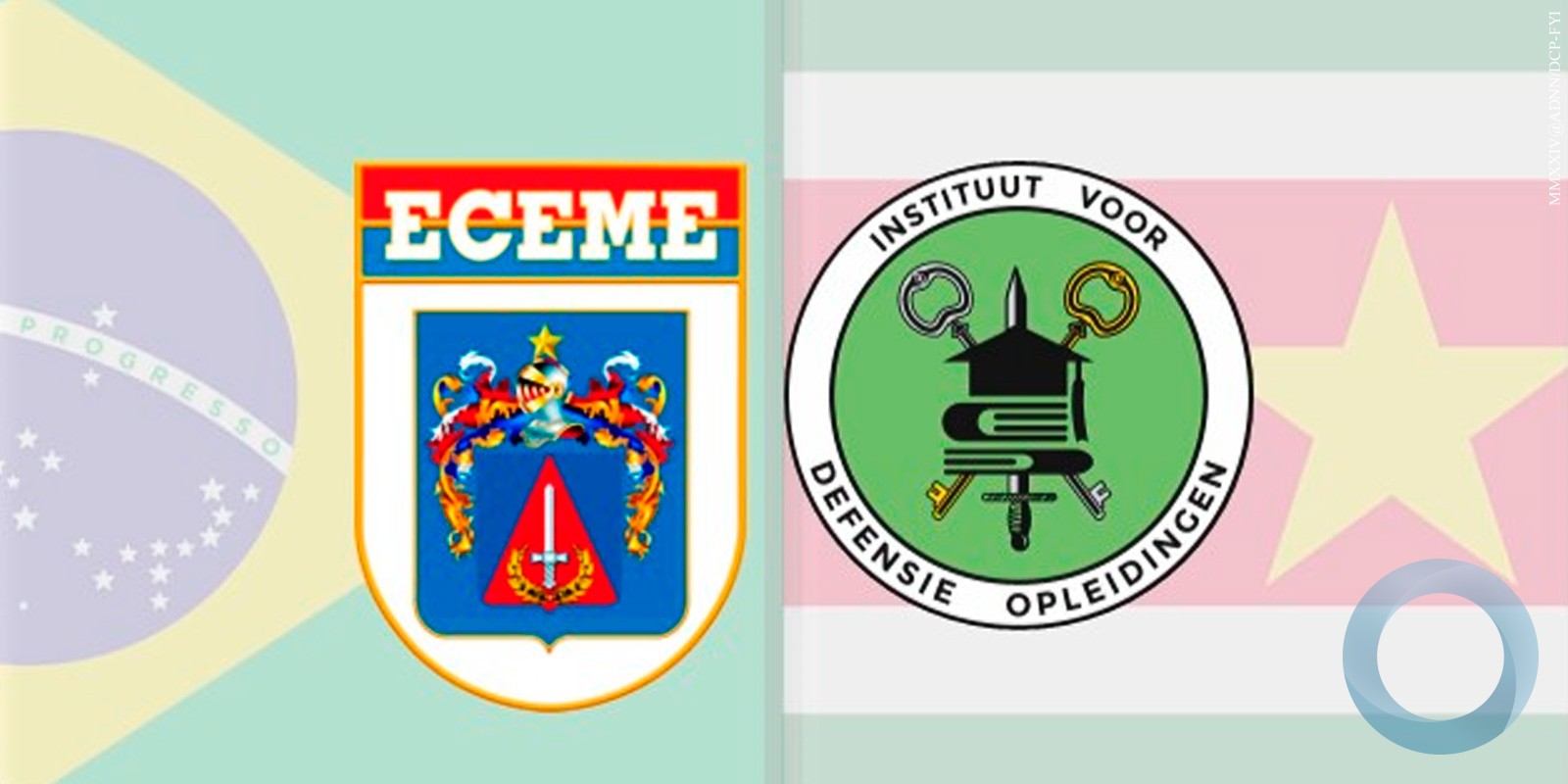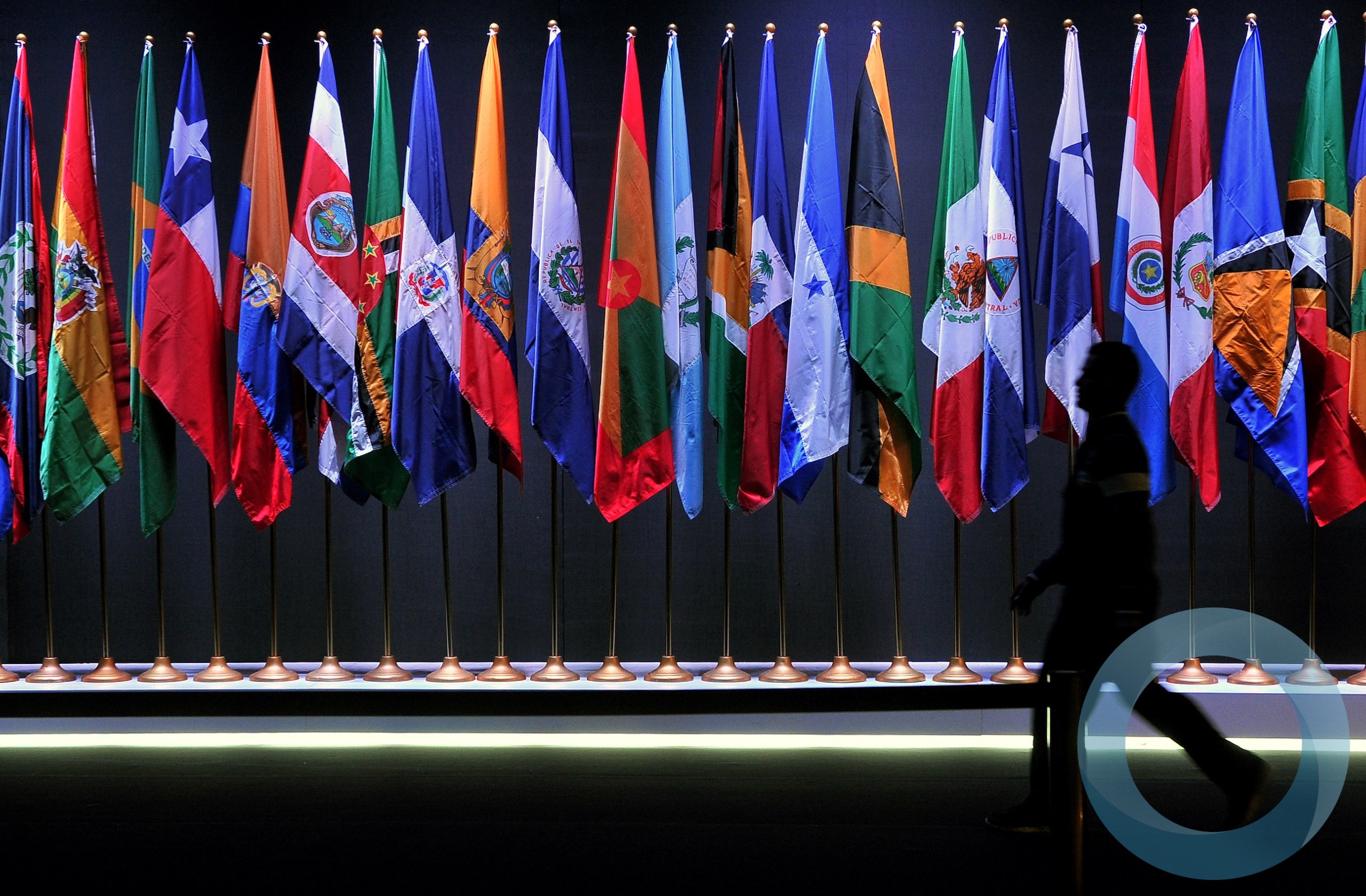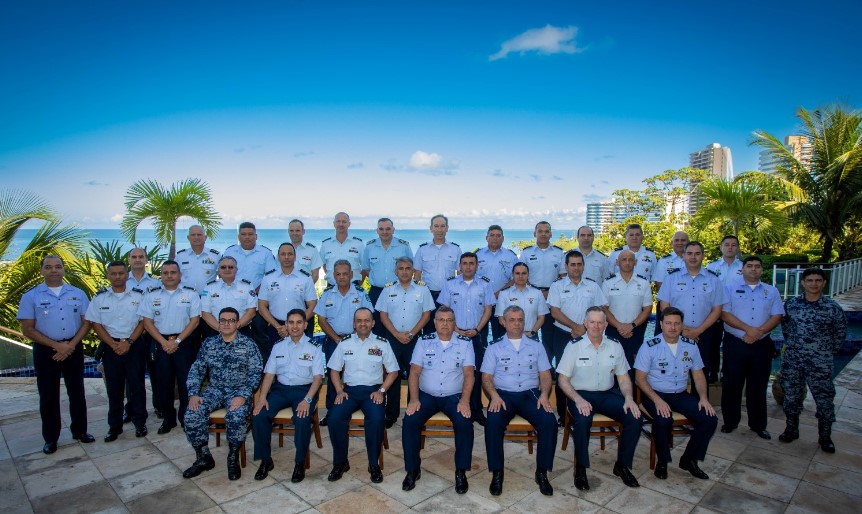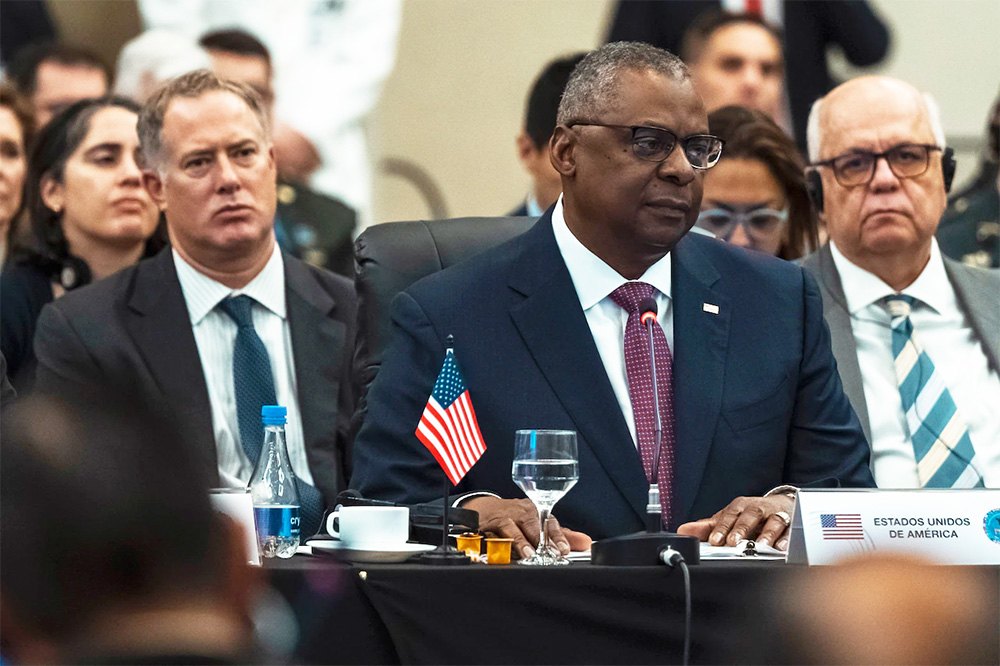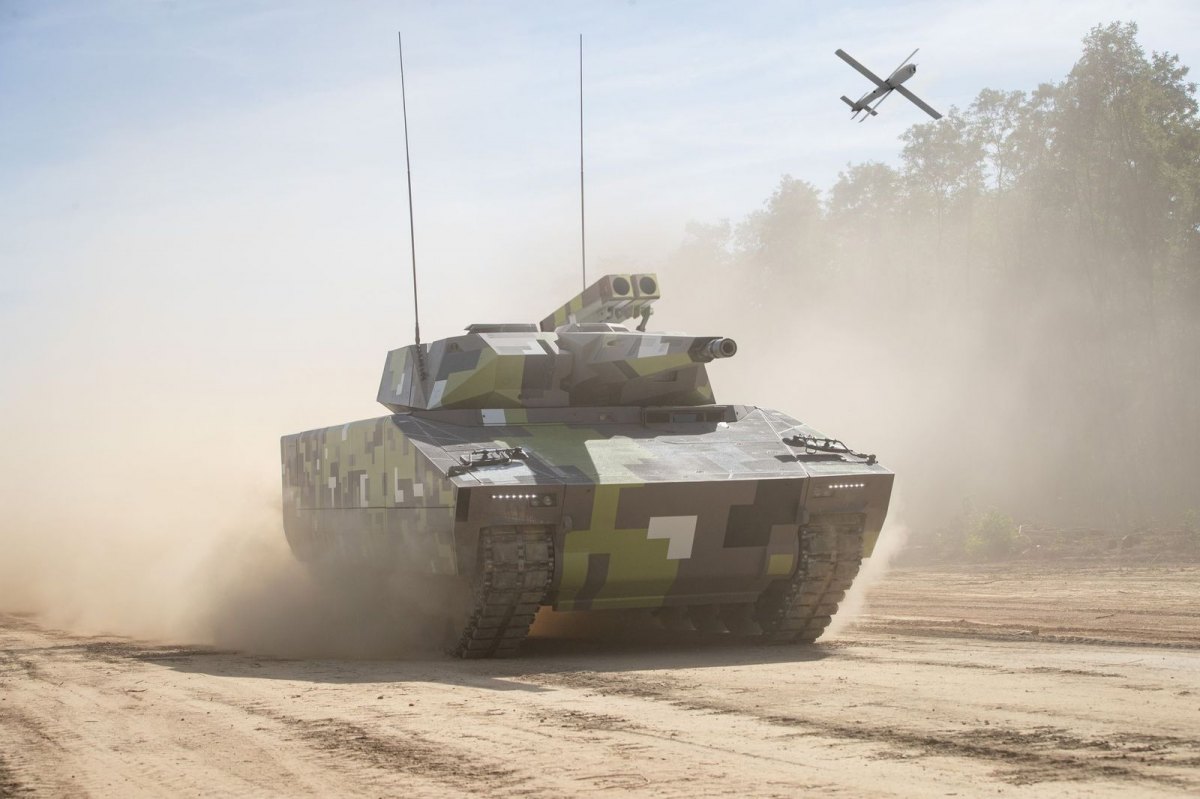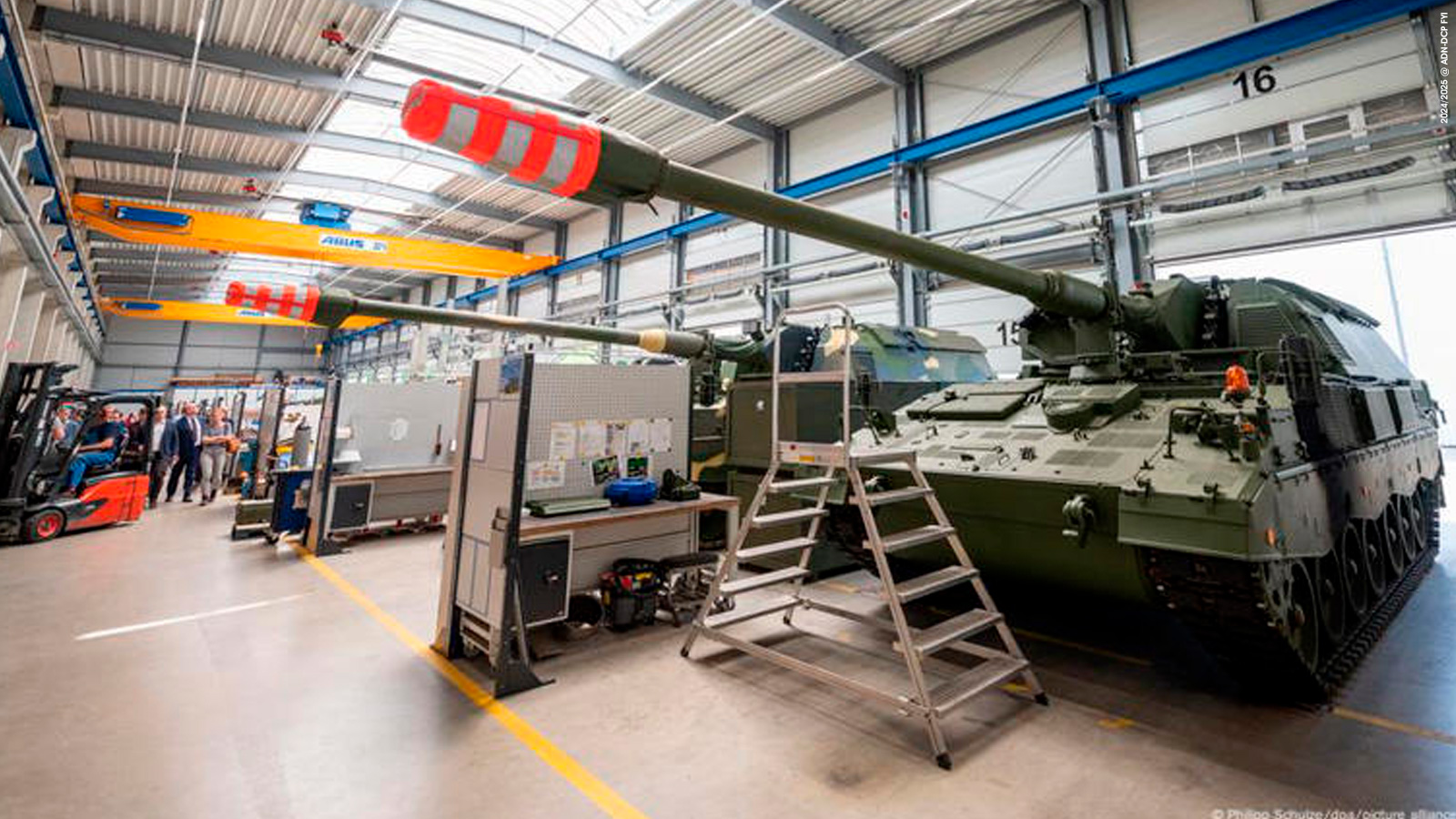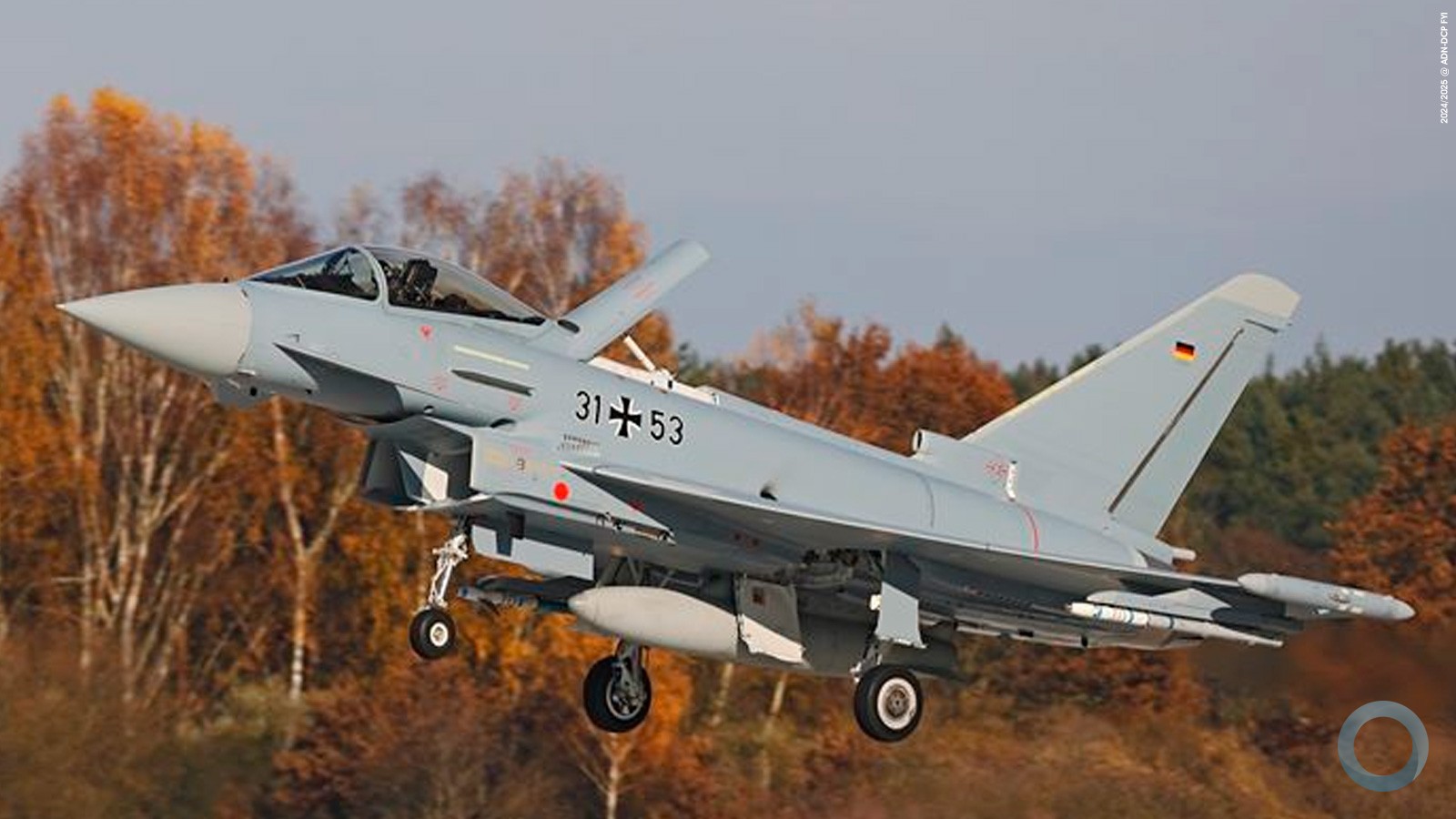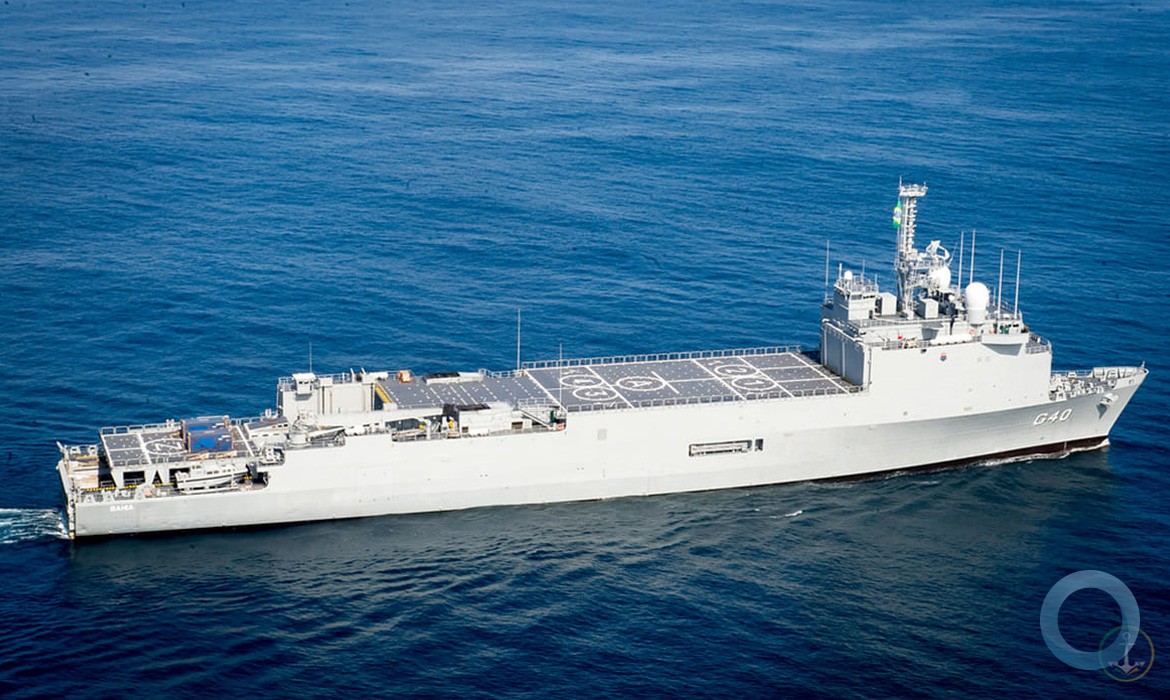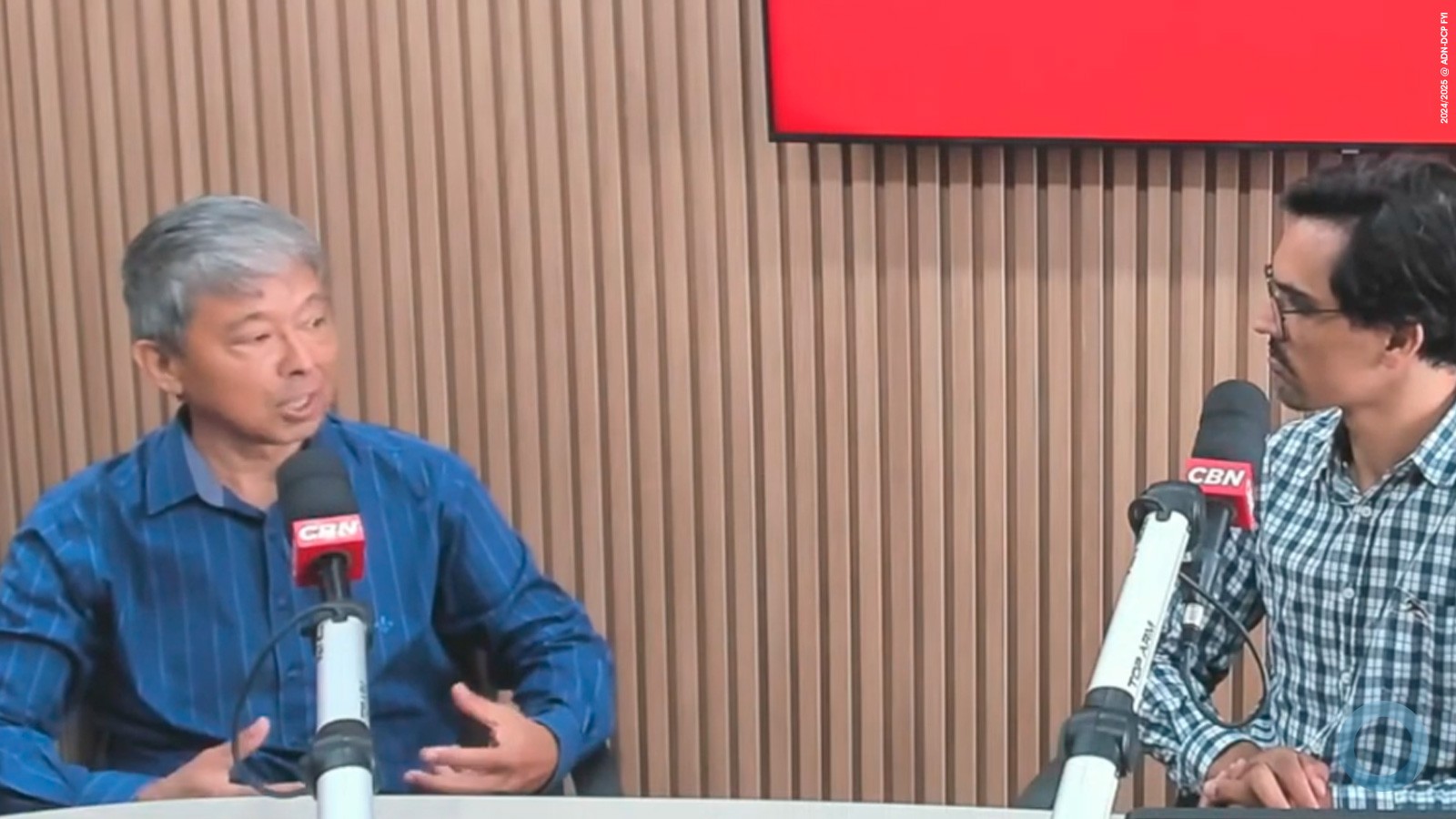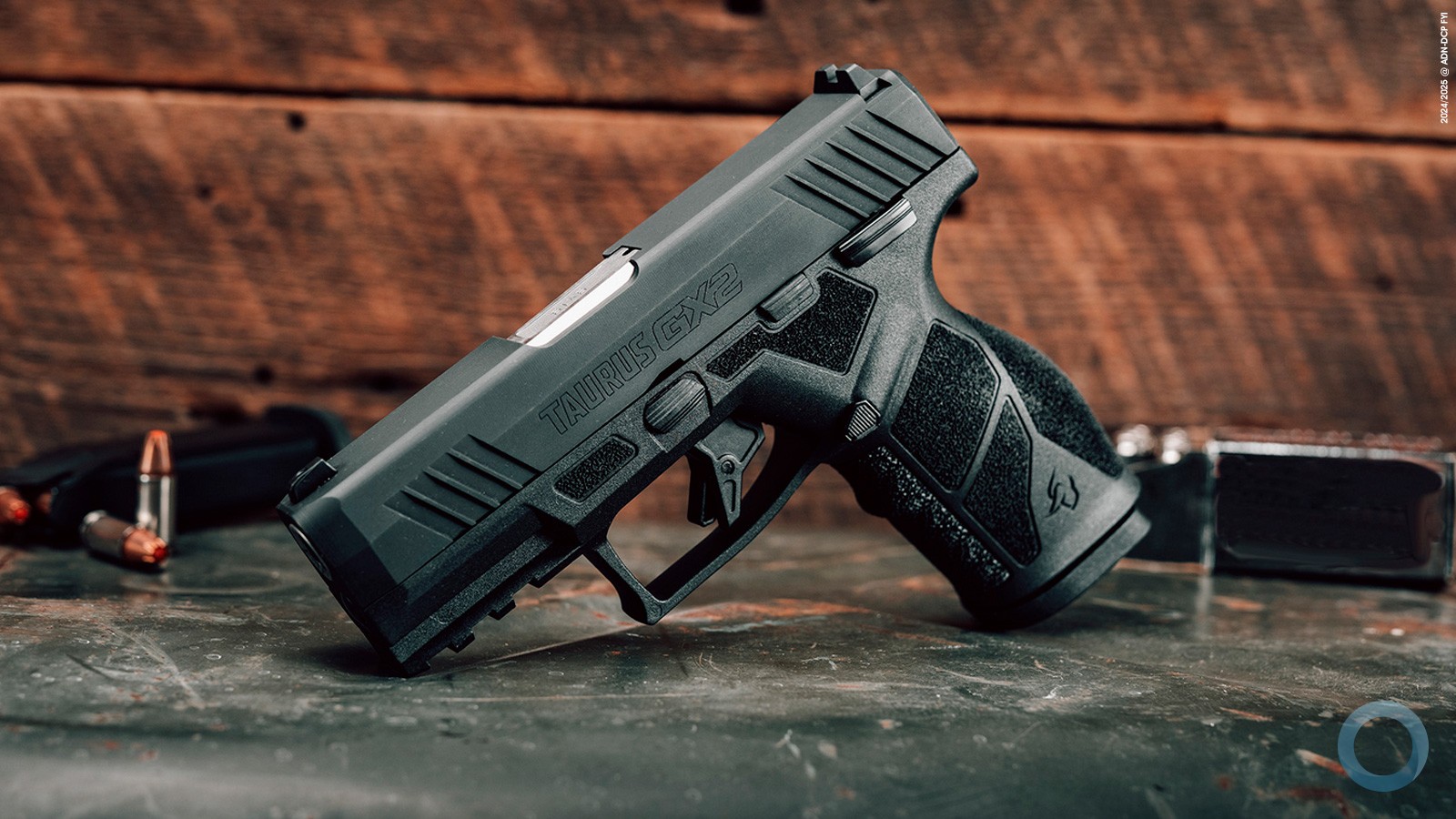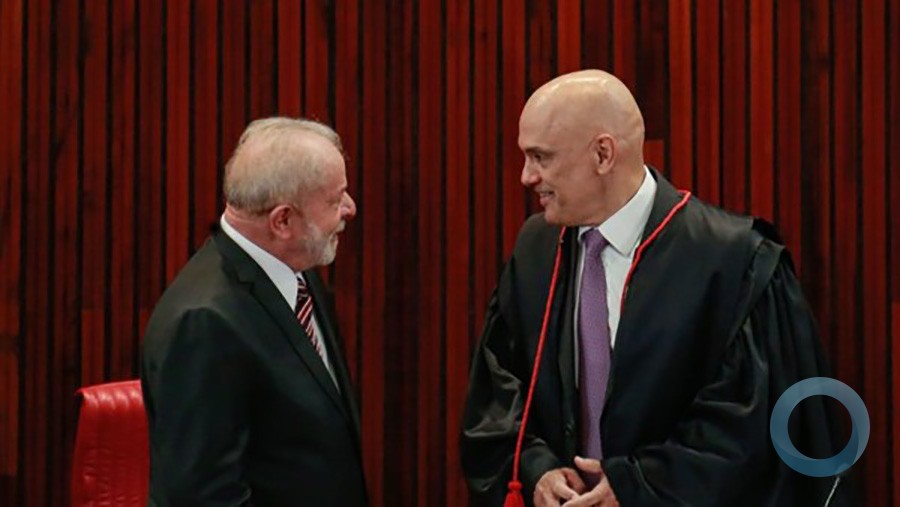Nastasia Barceló
As a part of its security strategy, Uruguay has increased surveillance along its entire border with Brazil during the 2016 Olympic Games, which are taking place in the city of Rio de Janeiro.
To prevent any incidents from occurring during the international celebration that has attracted thousands of people from all over the world, the Uruguayan Armed Forces have come up with a plan to reinforce their borders.
According to Lieutenant Colonel Carlos Frachelle, director of the Uruguayan Army's Public Relations Department, some 700 personnel from the Uruguayan Army and National Police were deployed at the land border between the two countries. These troops have five mobile ground surveillance radars to increase their control in border areas.
"The special security operation known as Gavilán II began on July 28th, and will continue until the closing ceremony of the sports event [August 21st]," said retired Commissioner Mario Layera, director of Uruguay’s National Police.
The 1,068 kilometer-long border region between Uruguay and Brazil is a populated region of easy back and forth movement.
Similar goals have been imposed during other large-scale events such as the 2013 Confederations Cup and the 2014 World Cup, both of which also took place in Brazil.
Military efforts
The main goal is to discourage contraband goods and illegal migration, as well as fighting against drug trafficking and preventing terrorist acts. Preventive measures include dissuading illicit activities and channeling the movement of people and goods through checkpoints staffed by regular authorities at border crossings. A greater presence of security personnel could support binational border-closing operations if required by any security incident that may occur.
The largest concentration of Army personnel is at fixed points in Chuy-San Miguel, Aceguá, Rio Branco, Rivera, and Artigas.
"We are conducting mobile patrols (motorized and on foot) to complement the radars, mentioned already. Bases for communication were also established at strategic points," noted Lt. Col. Frachelle.
"We cover 23,000 kilometers annually, through patrols and by employing recently-acquired ground surveillance systems such as radars that allow us to measure distance and displacement velocities and detection of vehicles at a distance of 40 kilometers and people at a distance of 12 kilometers," reported Lt. Col. Frachelle.
He stated that between 80 and 100 military troops have been permanently monitoring the Brazilian border since 2012. "If any irregularities are detected, it is communicated to the Ministry of the Interior and the Ministry of Defense, so they can intervene," he added.
Although the Uruguayan Navy's means are currently too limited to monitor its vast maritime borders with Brazil, the Uruguayan Coast Guard's surveillance tasks were increased on its rivers, lakes, and oceanic coasts. In addition, Navy surveillance in blue waters was also increased.
According to a Uruguayan Army press release, plans are in place to "redouble surveillance efforts from police stations with Naval Aviation Support Unit and Marine Corps personnel and aircraft. Since it has jurisdiction over 70 percent of the country's border areas."
"The Navy will send approximately 120 men from the National Navy Prefecture to patrol rivers, lakes, lagoons, and oceanic coasts near the border," added Lt. Col. Frachelle.
In terms of aerial coverage, the Air Force is staying alert with its radars and aerial patrols to collaborate with the forces deployed on land.
For its part, the National Police is engaged in a surveillance and monitoring operation on national roads, with personnel from the Republican Guard for support.






